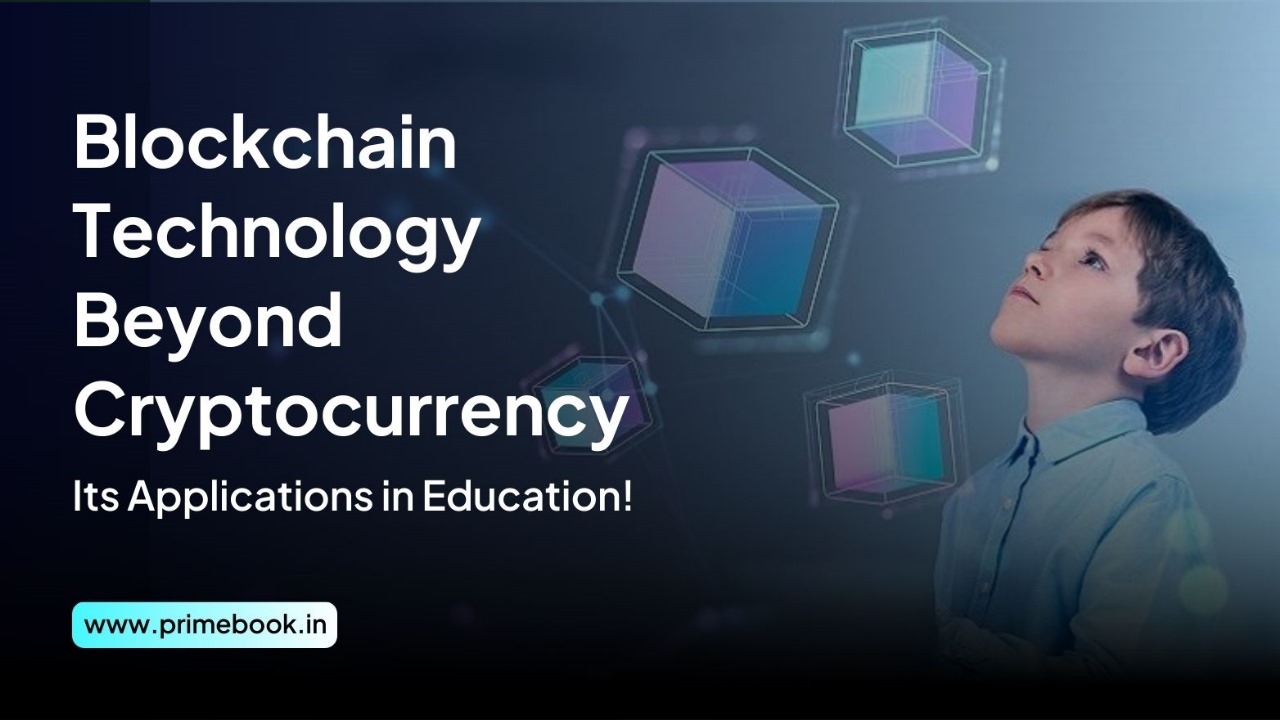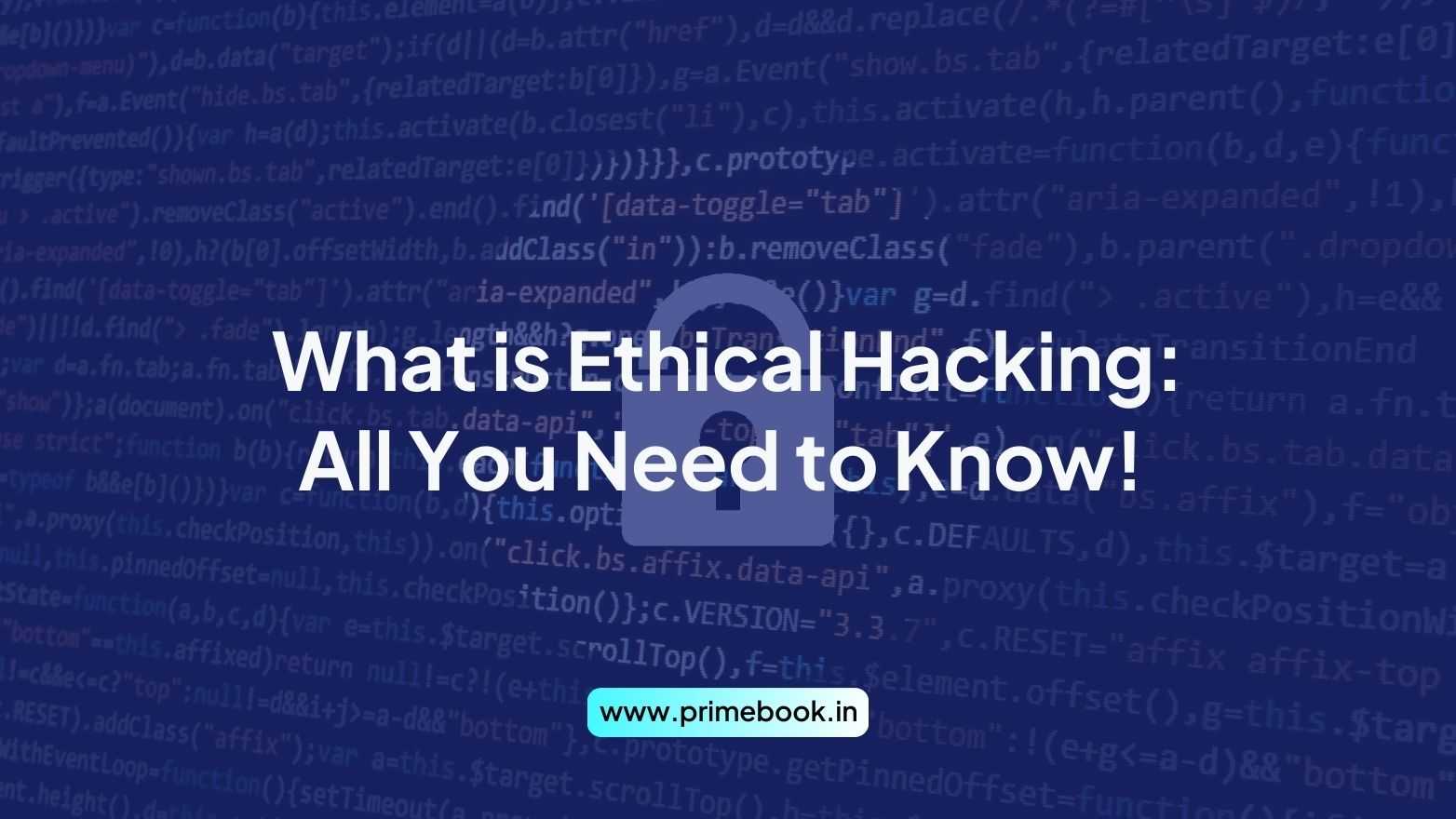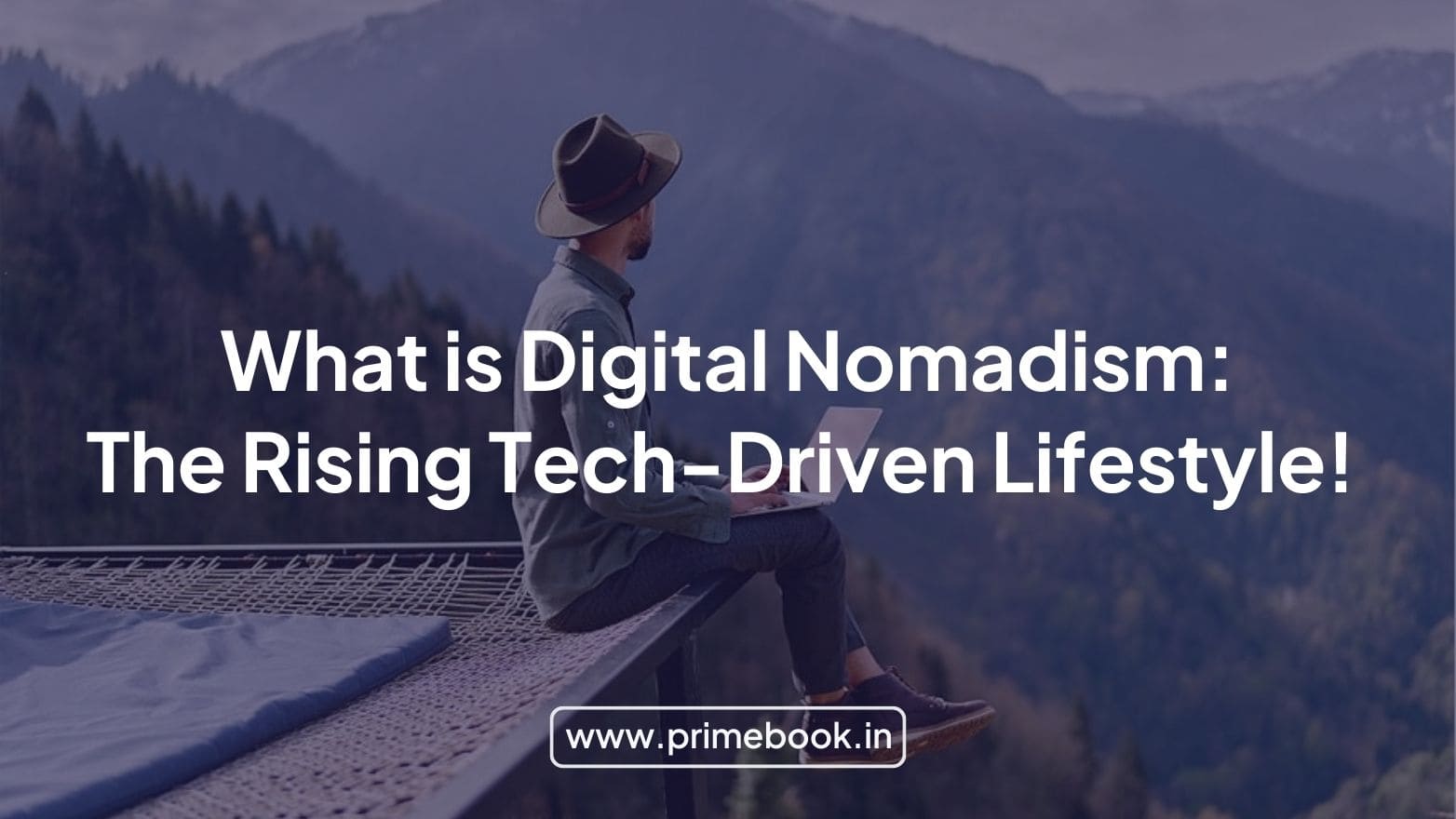Blogs / Trendy Tech Talks / Blockchain Technology Beyond Cryptocurrency: Its Applications in Education
Blogs / Trendy Tech Talks / Blockchain Technology Beyond Cryptocurrency: Its Applications in Education

Ananya Dasgupta
22 Nov 2024

Blockchain Technology Beyond Cryptocurrency: Its Applications in Education
Blockchain technology, i.e., the decentralised, digital ledger, operating on a network of computers for secure and seamless exchange of information or values, can now be utilised for various real-world purposes and not just cryptocurrency exchange. In recent times, the education sector has been readily embracing the applications of blockchain technology for various processes, from attendance recording and performance tracking to digital badging and education financing. Here are some of the most significant applications of blockchain in the education system today!
1. Credentialing & Academic Records
The first and the most significant application of blockchain technology in education is the creation of a secure and comprehensive digital record of each student’s academic history, from grades in various subjects to courses completed and certifications achieved.
With blockchain, educators can track students' progress and assignment completion, further maintaining and protecting students’ scores without errors or potential threats of credential manipulation. It can also help educational institutions verify a student’s credentials seamlessly, discarding the need for intermediaries to validate them and reducing administrative workload. As a whole, in dismantling the growing market of fake degrees, blockchain technology can ensure a more accessible and trustworthy education system.
2. Course Distribution & Rewarding
The second application of blockchain technology in education is the easy and automatic distribution of course content, like tutorial videos, quizzes, reading materials, and so forth, alongside the gamification of classroom learning via tangible rewards in the form of bitcoins.
Smart contracts on blockchains are what help serve this purpose with lines of code programmed into a blockchain and manifested automatically when certain criteria are met. These can empower educators to incentivize and prompt peer-to-peer learning and collaboration. For instance, they can be programmed to reward students who engage in online discussions or provide feedback on work done by their peers. This can create an interactive learning environment, enabling students to develop and improve their critical thinking and communication skills.
3. Scientific Research in Academia
Blockchain technology can be applied to make educational resources such as books, journals, podcasts, and videos more accessible to all students; the same for large scientific datasets! By leveraging these datasets, students can broaden their scope of research.
The University of Utah’s Scientific Computing and Imaging Institute (SCI) is already utilising this process to improve global access to crucial scientific datasets like the multiple petabytes of NASA climate data. Herein, not only does blockchain technology expand the horizon of academic inquiries via data democratisation but also promotes an inclusive academic environment with ample room for collaborative research, irrespective of the students' contemporary location.
4. Students’ Loan & Scholarship Management
Another vital application of blockchain technology in education is the simplification and subsequent enhancement of the student loan and scholarship management processes for the various educational institutions and facilitators.
With blockchain in action, the loan or scholarship transaction records become more transparent and reliable for both the students and the loan or scholarship providers. This integration of blockchain in the education system reduces the reliance on costly, centralised technology systems for loan and scholarship management, including credential verification for the same! Hence, by prominently saving such administrative costs, blockchain technology can further help lower the total cost of education in the country and beyond.
5. Global Profiling of Students
With verified academic credentials and achievements stored in one place, blockchain technology can enable students to create a global profile, which they can further share using the exact URL in their resumes, email signatures, and social media profiles.
First and foremost, such digital profiling makes it easier for students to switch between institutions and countries for greater academic progress. Likewise, it can help them showcase their skills and qualifications with utmost authenticity to potential employers in the job sector. The profiling eases out identity verification in international higher education or job prospects, paving for a faster procurement of the student’s career goals.
In a nutshell, blockchain technology holds enormous potential beyond cryptocurrency transactions, especially in the education sector. However, its integration can be challenging due to the lack of profound technical knowledge among educators and students, interoperability, expenditure, accessibility and scalability issues, and the absence of proper data privacy and security regulations. Organisations need to carefully implement blockchain in their education processes so that educational data and transactions can be transferred securely and efficiently within the blockchain network.


 Related Blog
Related Blog









